Sustainability – Sisk Talks Success with GreenPlus
The relationship between the construction industry and the built environment and consumption of natural resources on the one hand and sustainable development on the other is both complex and significant.
Established back in 1859, John Sisk & Son – Building and Civil Engineering Design and Construction Services is one of Ireland’s most recognisable companies in the sector. Headquartered in Ireland, with operations across the UK and Europe, the company places a strong emphasis on performance, quality, teamwork and a ‘hands-on’ management approach.
Sisk were the first contractors / builders in Ireland and the UK to achieve ISO 50001 certification in energy management. Their decision to become involved with the Enterprise Ireland GreenPlus scheme “really opened our eyes to the whole scope of energy management in our industry which until then had been very much overlooked,” explains Sisk Group Energy Manager, Ian O’Connor, who is recognised as an international leader in construction sustainability and was named ‘Private Sector Energy Manager 2020 at the EMA (Energy Managers Association) awards.
“It was very enlightening”
“It started with ISO 50001 but we took our initial learnings from this, developed them further and expanded our scope to take a more forensic approach to monitoring our energy use. This identified areas of significant energy savings. We started to measure but realised we needed to know more. We needed to analyse our energy use – when it was used, how much was being used and which processes were using the energy. It was very enlightening”.
21 Targets Linked to the SDGs
Last year Sisk launched their 2030 Sustainability Roadmap ‘Building Today, Caring for Tomorrow’. Within that there are 21 clear and ambitious targets linked to the UN Sustainable Development Goals. “Industry collaboration is an important part of this. While we set these targets, we alone can’t achieve them. We need the supply chain and our suppliers to come along on this journey with us. A rising tide lifts all boats and by doing this we hope to lead the way and we want people to join us on the journey.”
Ian O’Connor is adamant that visibility and clear messaging of the Sisk vision is the way forward. “We are very keen to demonstrate to all stakeholders of our business – clients, our employees, subcontractors, communities – what we are going to do to care for the environment in which we work. We plan to be fully carbon neutral by 2030. By 2024 50% of our fleet will be electric and by 2030 there will be no combustion engines within the fleet”.
The company also has some exciting and innovative ideas around digital technology, innovation and biodiversity. In 2029 the business celebrates 170 years and to celebrate plans to plant a massive 1.7 million trees by 2030 in Ireland and the UK. The first of those trees was planted in April this year.
Advising other companies of the benefits of getting involved with the Enterprise Ireland GreenPlus programme he states:
“I would say it’s really important to know where you are at the moment. Get a baseline and measure your impact on the environment, on energy use and on carbon emissions. Set targets and then develop an action plan to start achieving those targets,” he recommends.
Ian O’Connor acknowledges that in addition to the help from Enterprise Ireland GreenPlus, the achievements to date wouldn’t have been possible without everybody at Sisk. “We wouldn’t have had the launch of our roadmap if support hadn’t come from the very top – from our shareholders to our forward thinking management team and the ‘boots on the ground’ and staff in the office. Ultimately, most of the people that work at Sisk are based on construction sites these are the people that will have a huge contribution to our efforts” he said. “We know that our targets are ambitious but there is a climate emergency and we hope Sisk can play a significant part in overcoming this challenge.”



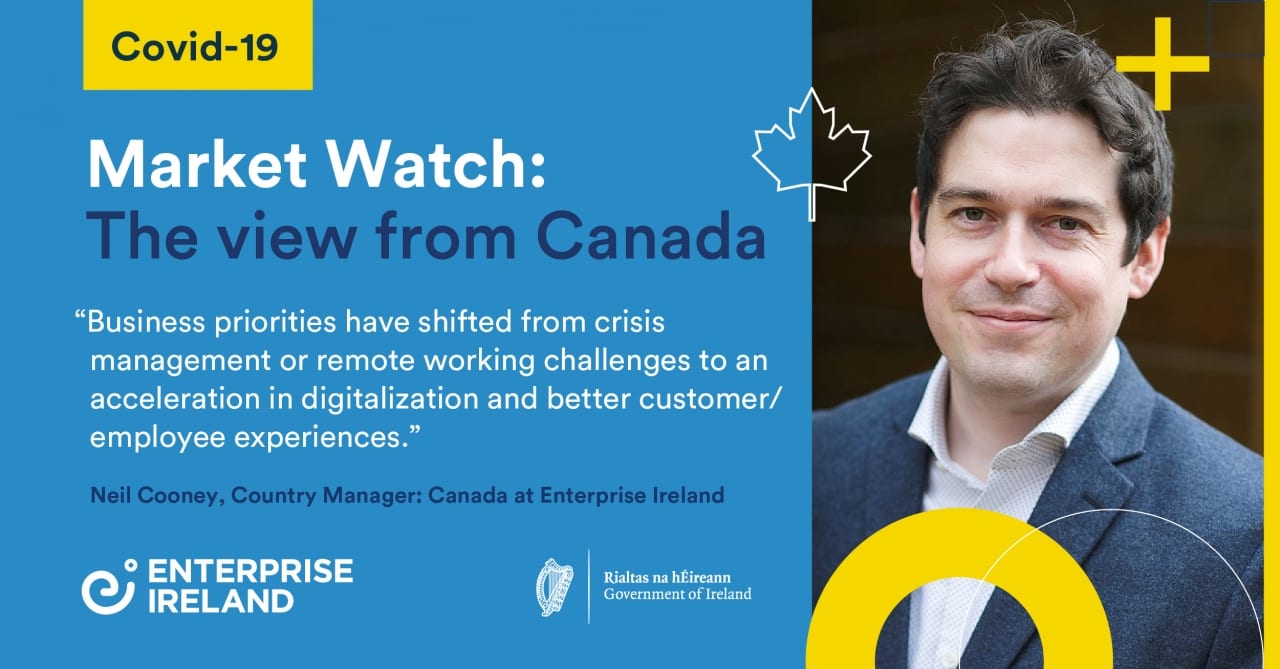
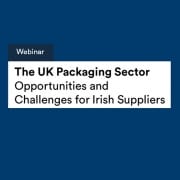

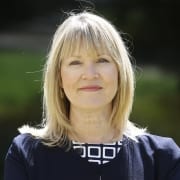

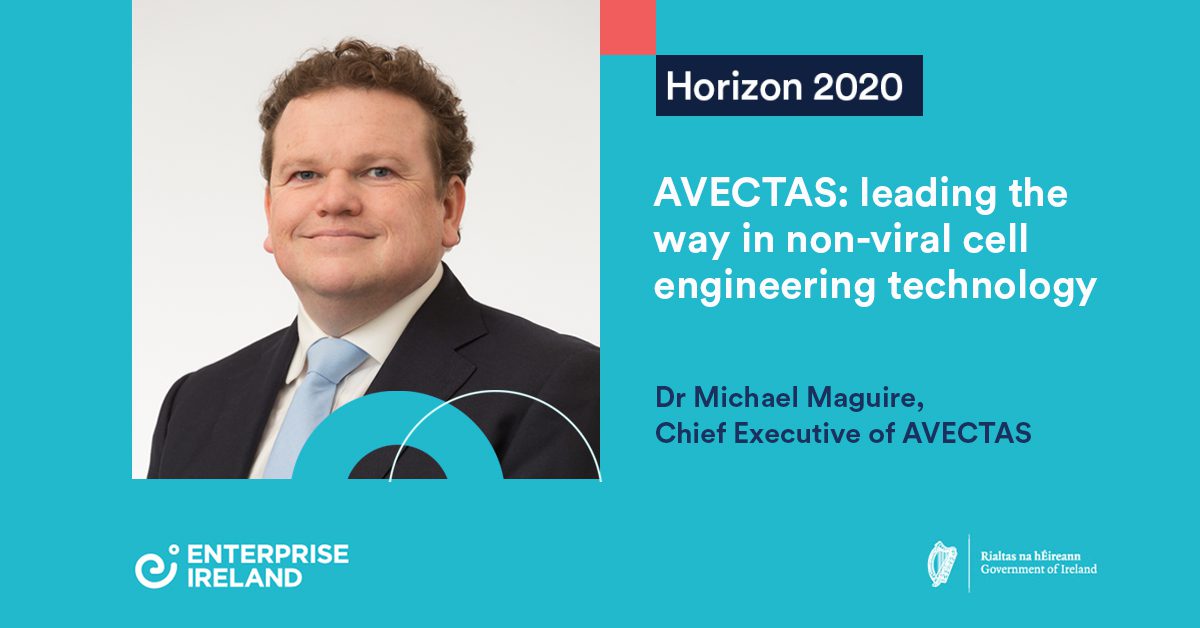

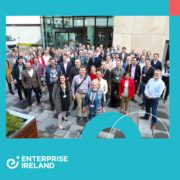
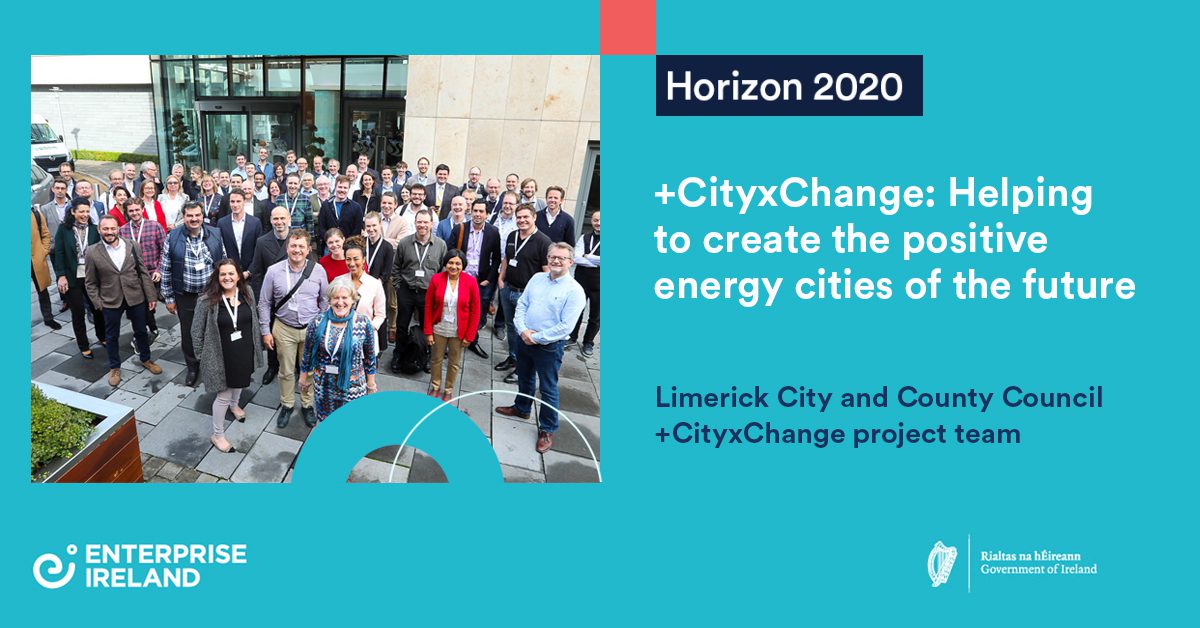

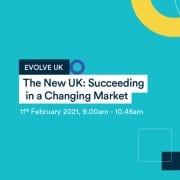
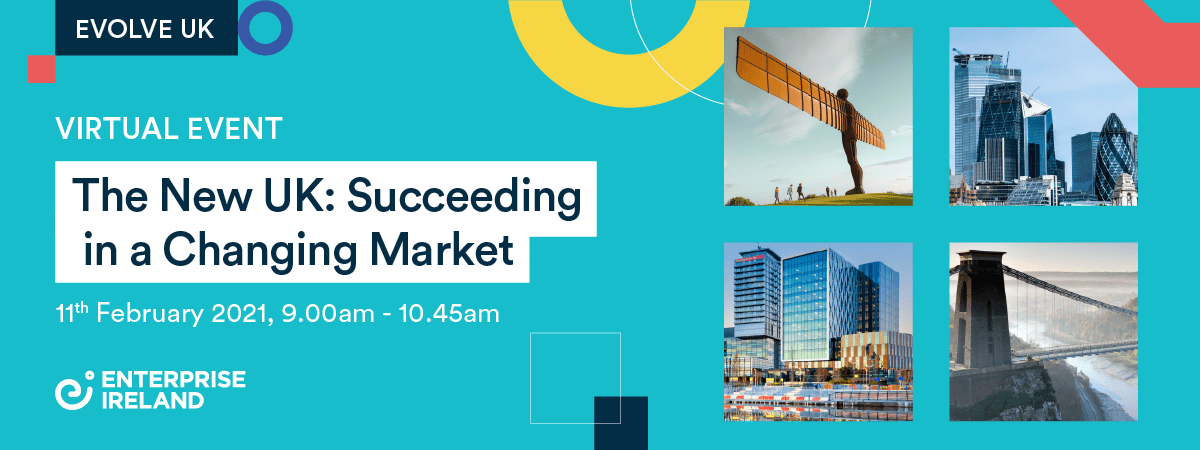
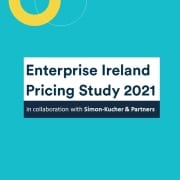
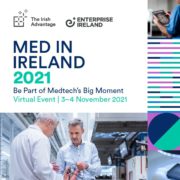
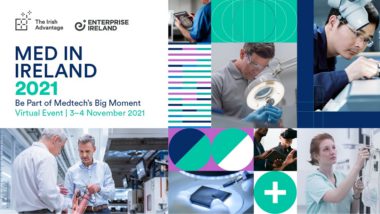

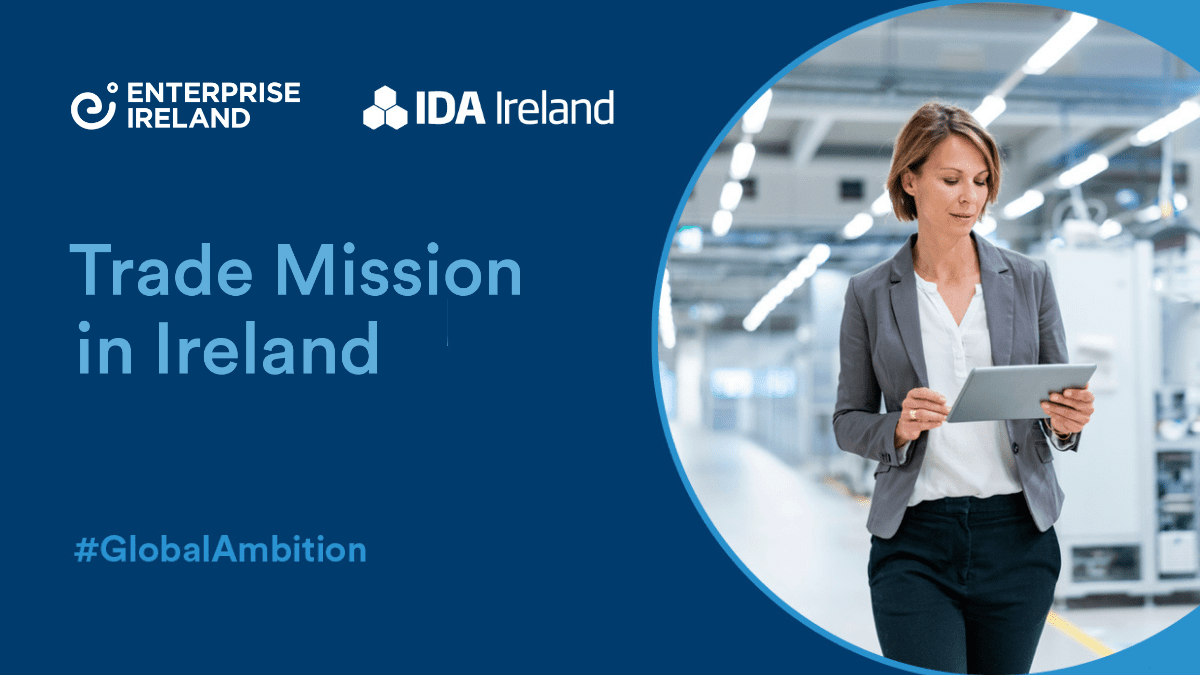 In the not-too-distant past, companies wishing to establish a successful business relationship with firms overseas, would have relied heavily on international travel and perhaps an office or ‘boots-on-the-ground’ in the country in question.
In the not-too-distant past, companies wishing to establish a successful business relationship with firms overseas, would have relied heavily on international travel and perhaps an office or ‘boots-on-the-ground’ in the country in question.
